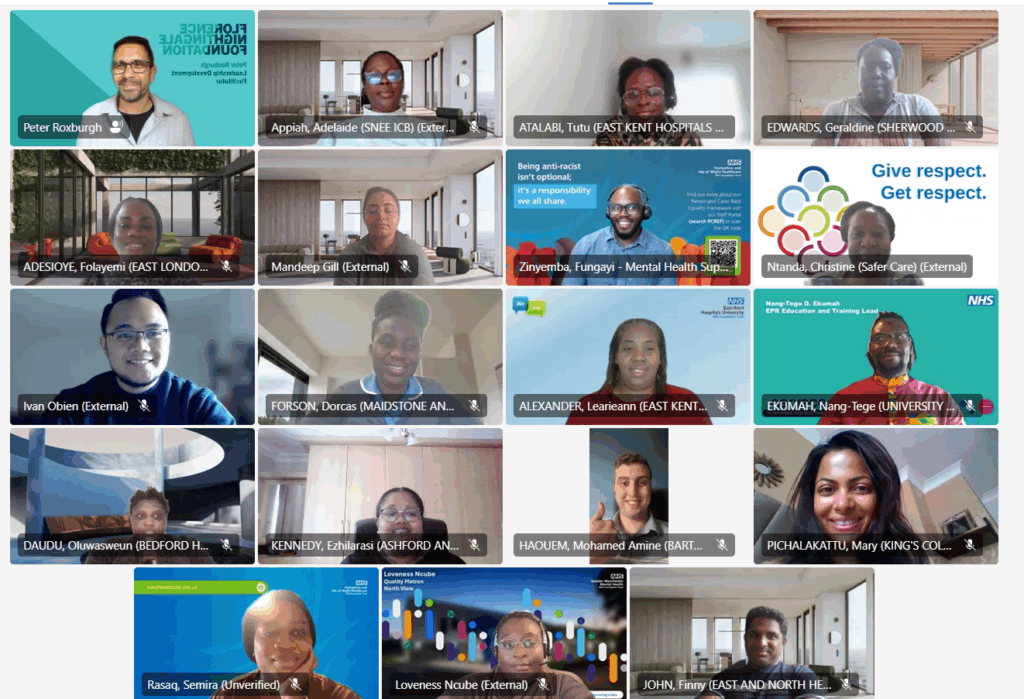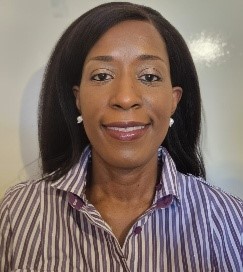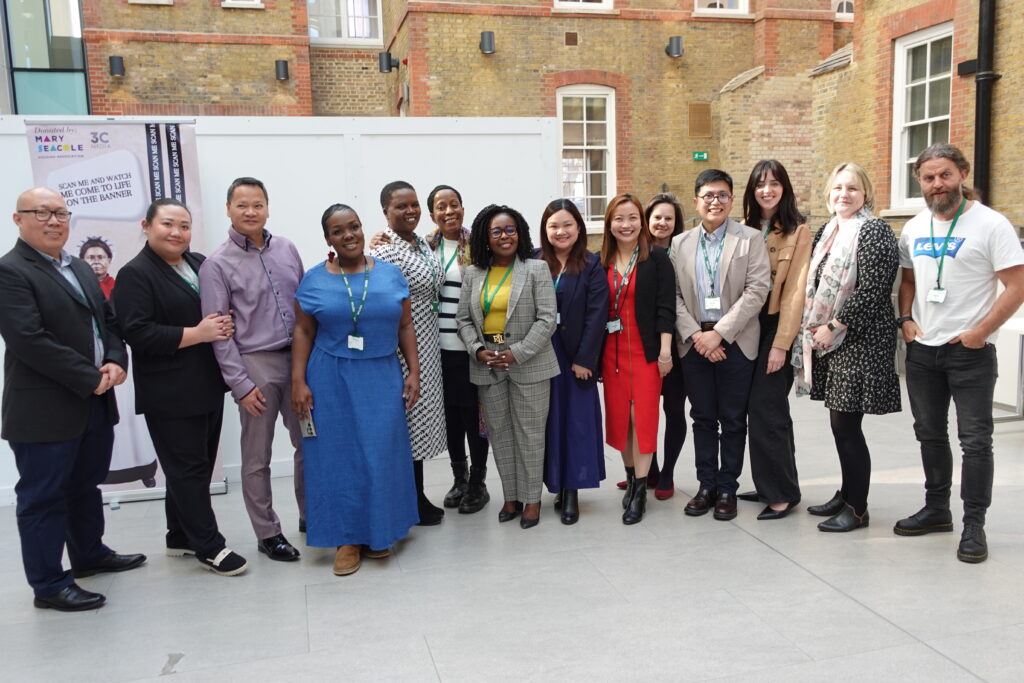Peter Roxburgh, FNF Leadership Programme Facilitator, recently welcomed our new cohort of nurses and midwives from around the UK to the Mary Seacole leadership development programme. The programme celebrates the life and impact of nursing role model Mary Seacole, while underpinning the values by which she lived and worked.

This leadership development programme was developed in response to long-standing and well-evidenced inequalities in access to leadership development across the NHS. Data from the NHS Workforce Race Equality Standard repeatedly shows that ethnic minority staff face systemic barriers to career progression and are under-represented in senior roles. The 2024 findings show that, although there are signs of progress on representation in leadership positions, 80% of trusts reported that white applicants were significantly more likely than BME applicants to be appointed from shortlisting, and only 42% of staff from a black background believed their trust provides equal opportunities for career progression or promotion.
As well as developing the leadership skills of participants, this Mary Seacole development programme supports them to lead on a quality improvement project that addresses health inequalities where they work.
At our previous graduation event, we heard first-hand from several of the participants about the project they completed. From working to increase the number of local transplant assessment referrals and raising awareness of living donation within ethnic minorities, to improving patient access to interpreting services, participants shared the impact their projects have had on addressing health inequalities within their teams or in their communities.

“The baseline survey for my project on improving access to interpreting services showed only a small portion of staff were aware of the new service. This results in delays accessing the services which could lead to communication difficulties and consequently lower quality of care and result in poor outcomes for patients. The follow-up survey report showed a notable 24% increase in staff awareness after the Plan-Do-Study-Act (PDSA) cycle. This is a small step to improving access to this service which is crucial in facilitating access to healthcare for people that English isn’t their first language. Capturing the patients’ voice will be a central focus in the next phase of the project."
Gloria Tucker, previous Mary Seacole Programme Participant and FNF Alumna
Now in its fourth cohort, in partnership with The Mary Seacole Trust, this NHS England funded programme has a much longer legacy of 30 years. Originally developed by the Department of Health, we have ongoing support from the Royal College of Nursing (RCN), the Royal College of Midwives (RCM), Unite and Unison.
Joan Myers, Mary Seacole Trust Ambassador and FNF scholar, shared after our last programme:
“It is wonderful to hear how these nurses are embracing the values of Mary Seacole – recognising a gap in the system and stepping in to provide what is needed to improve the patient/client experience in their services.”
We look forward to seeing how our current programme participants grow as leaders, and what changes they will make to continue the legacy of nursing role model Mary Seacole.
